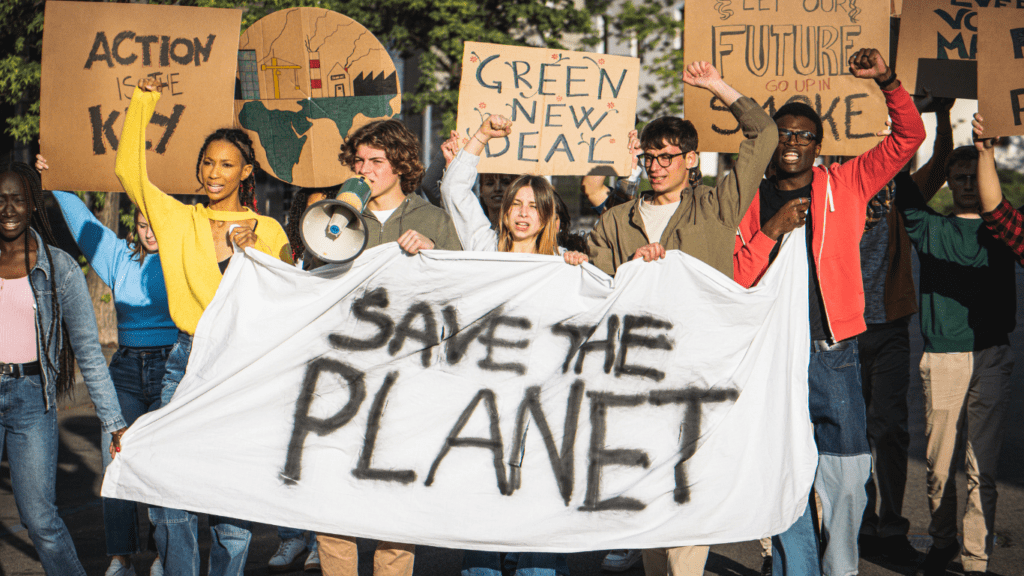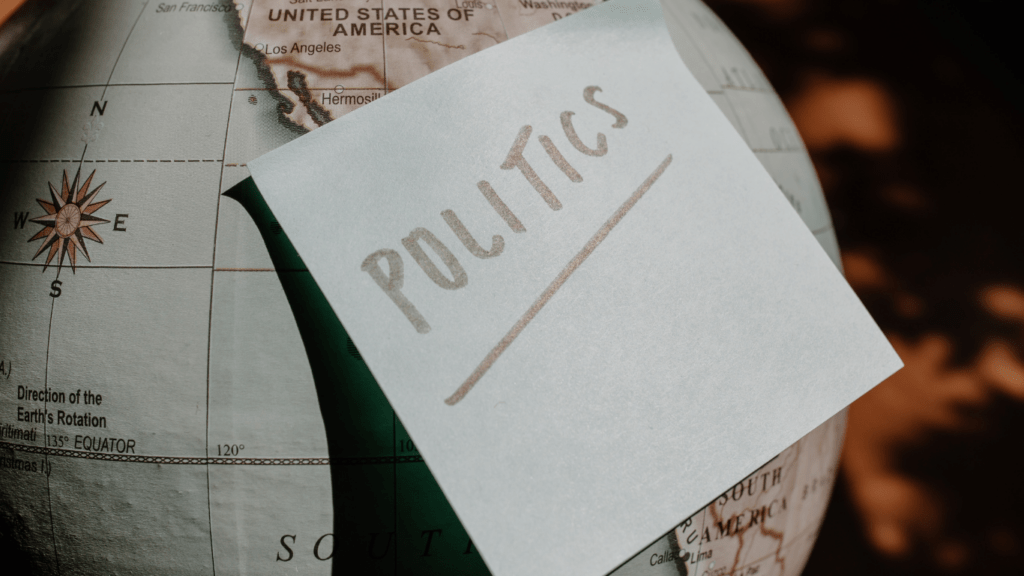Understanding Political Flashpoints
Political flashpoints, significant events causing widespread public discourse, often arise from contentious government actions. These include legislation on social issues, economic reforms, and international relations. One example is climate change policies, which spark debates on environmental impact and economic growth. Immigration laws also serve as flashpoints, influencing community dynamics and job markets. These political events affect daily discussions and decisions, shaping perspectives on national priorities. International conflicts further complicate these scenarios, impacting global economies and local security. By closely monitoring these flashpoints, I gain insights into their direct effects on my daily life and future.
Economics and Employment
Political dynamics directly influence economic stability and job security. The daily lives of individuals intertwine with these economic shifts driven by government policies and international events.
Inflation and Cost of Living
Rising inflation rates, fueled by government policies and global financial trends, increase living expenses. Basic necessities like food and housing cost more, stretching budgets. Central bank decisions and fiscal measures aim to control inflation, yet the human impact is immediate. As essentials become expensive, households reprioritize spending, affecting overall economic health.
Job Market Fluctuations
Political uncertainty leads to job market instability.
- Trade agreements, regulatory changes, and geopolitical tensions influence employment sectors.
- Sudden shifts, like increased tariffs, disrupt industries dependent on global supply chains, affecting jobs.
- As policy decisions unfold, workers adapt by acquiring new skills and exploring diverse career paths.
These fluctuations demand resilience and foresight in navigating a volatile job landscape.
Social and Cultural Issues
Political flashpoints often ignite shifts in societal norms and cultural landscapes. These issues impact communities and individuals, shaping dialogues and personal experiences in powerful ways.
Immigration Policies
Immigration policies significantly affect social dynamics. When governments implement restrictive immigration laws, communities experience changes in workforce composition. For example, the agriculture and technology sectors often rely on immigrant labor, and variations in policy can lead to labor shortages and heightened tensions. Policies also influence family structures, as deportation risks and visa restrictions lead to separations and disrupted family units. Changes in immigration policy push people to adapt to new cultural interactions and practices, influencing daily life and community cohesion.
Civil Rights Movements
Civil rights movements continue to shape discourse and action. Recent movements, like Black Lives Matter and LGBTQ+ rights advocacy, highlight ongoing struggles for equality and justice. These movements drive legislative changes, such as police reform and anti-discrimination laws, affecting institutional practices and personal freedoms. Public protests and social media campaigns amplify voices, foster awareness, and encourage participation in civic activities. As movements gain momentum, individuals experience shifts in public attitudes and personal interactions, highlighting the evolving landscape of civil rights.
Environment and Climate Policy

The intersection of environment and climate policy significantly affects daily living. Political strategies largely dictate how society addresses urgent environmental challenges.
Renewable Energy Initiatives
Governments around the world prioritize renewable energy initiatives like wind and solar power.
- These projects aim to reduce dependence on fossil fuels and lower greenhouse gas emissions.
- Countries with favorable policies experience increased investment and job creation in green technologies.
- For example, Germany’s Energiewende policy has led to significant growth in renewable energy sectors, influencing energy markets and enhancing sustainable development.
Climate Change Regulations
Climate change regulations play a critical role in environmental protection efforts. By setting emission reduction targets, governments encourage industries to adopt cleaner technologies and practices. The Paris Agreement, which involves nearly 200 countries, is a notable example of international collaboration to combat climate change. This framework has prompted legislative actions such as carbon pricing and emission trading schemes, directly affecting industries and, by extension, consumer costs.
Health and Pandemic Response
Political decisions around health and pandemic response significantly alter daily life. They influence healthcare access, public health protocols, and vaccination efforts.
Healthcare Reforms
Healthcare reforms remain a major political flashpoint impacting access to medical services. Political debates around healthcare reform often center on affordability, availability, and quality of care. The Affordable Care Act (ACA) serves as a notable example, affecting millions through insurance mandates and expanded Medicaid coverage. Changes or potential repeals of such policies create uncertainty, leaving individuals anxious about their healthcare options. When reforms endorse increased healthcare funding or introduce new coverage options, citizens experience direct impacts, including reduced out-of-pocket expenses and improved service quality.
Vaccination Campaigns
Vaccination campaigns profoundly influence daily routines, particularly during pandemics. Political leaders’ support or opposition impacts public perception and uptake rates. The COVID-19 vaccination campaign underscored this, with governmental strategies determining distribution logistics and eligibility criteria. In regions with strong governmental support, higher vaccination rates contributed to reduced virus transmission and eased public health restrictions. Conversely, areas with political resistance saw lower vaccination rates, prolonging pandemic challenges and straining healthcare resources.
International Relations and Trade
International relations shape global economic trends and influence everyday life through trade agreements and diplomatic conflicts.
Global Trade Agreements
Trade agreements between countries play a crucial role in economic stability and growth. These pacts, like the North American Free Trade Agreement (NAFTA), eliminate trade barriers among signatories, which boosts commerce, supports job creation, and affects consumer prices. Free trade areas contribute to the availability and affordability of goods by reducing tariffs and increasing product diversity. When countries negotiate these agreements, it’s important to consider how they impact industries and labor markets domestically and globally. For instance, the European Union’s trade policies affect over 740 million consumers, highlighting the importance of international trade cooperation.
Diplomatic Conflicts
Diplomatic conflicts often arise from disagreements on political, economic, or territorial issues, affecting international relations. These tensions can lead to trade disruptions, sanctions, or military confrontations, with profound implications for economies and security. Ongoing disputes between the United States and China over intellectual property rights and trade imbalances illustrate how diplomatic conflicts can lead to tariffs and market volatility. When nations engage in diplomatic negotiations, they aim to resolve conflicts amicably and maintain stable international relationships. The ongoing tension in the South China Sea exemplifies how unresolved disputes can escalate, affecting regional stability and global maritime trade routes.


 ____________
____________
